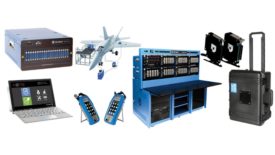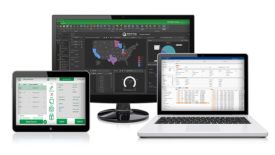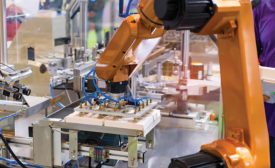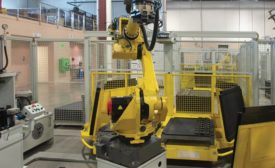Home » Keywords: » ERP software
Items Tagged with 'ERP software'
ARTICLES
Quality 101
The common purpose of all ERP systems is to enable operational excellence, profitability and growth.
Read More
Management | 2024 Quality Leadership Ranking
Five Quality Companies to Know: DIT-MCO International
The annual Quality Leadership ranking is back.
January 4, 2024
Software
3 Ways Manufacturers Do More with Less
Imagine having an ERP system built specifically for your business.
November 3, 2023
Software & Analysis
Make A Quality Part On Time Every Time With ERP Software
With modern ERP software, scrapping non-conforming parts can and should happen in real time.
March 10, 2023
Software & Analysis
6 Trends That Make a Modern Laboratory Effective
The time and effort required to get from raw data to decision making can be the difference between leading or lagging behind your competition.
December 1, 2022
Six Considerations When Choosing ERP Manufacturing Software
When assessing ERP solutions, manufacturers should consider the following.
November 7, 2022
Why Manufacturers Grow Faster With ERP Software
Manufacturing ERPs are best suited for operations managers who face issues with throttling and bottlenecking, for leaders who need help in managing business growth, and for companies that need to brush up on risk-mitigating security requirements.
October 10, 2022
Three Manufacturing Trends that Meet the Need for Speed
The business world, including the manufacturing sector, seems to move a little faster every day.
June 1, 2020
Taking a Data-Driven Approach to Commercial Automotive Quality
This approach gives manufacturers the data and insights to maximize their quality and efficiency.
November 8, 2019
Get our new eMagazine delivered to your inbox every month.
Stay in the know with Quality’s comprehensive coverage of the manufacturing and metrology industries.
SIGN UP TODAY!Copyright ©2024. All Rights Reserved BNP Media.
Design, CMS, Hosting & Web Development :: ePublishing










